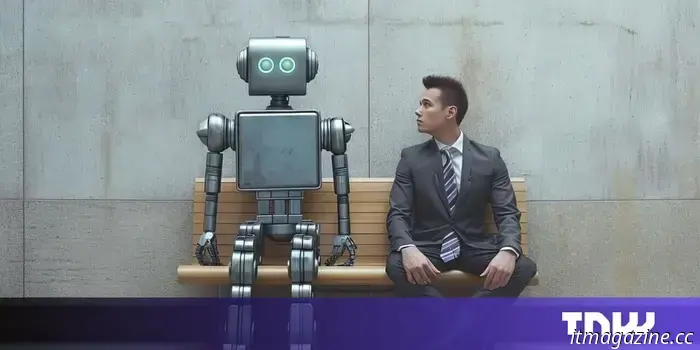
UK executives declare AI to be as 'socially essential' as water and energy.
The average human can survive without water for around five days, and without energy, our current societal structure would disintegrate. But what would happen in a world devoid of AI? British business leaders assert that the fallout would be just as severe.
A significant 93% of those surveyed advocate for the rapid implementation of AI by both industry and government. Additionally, 84% report using AI as a "companion" or conversation partner at least once a month, and two-thirds express trust in AI to make fully automated choices regarding their lives. However, an overwhelming majority (96%) believe that global AI adoption requires oversight from an independent international entity, with 94% preferring that this entity be government-led. Concurrently, over half (55%) caution that current infrastructure limitations could hinder AI’s complete potential.
Endava’s CTO, Matt Cloke, described these results as "fascinating," pointing out the contradiction between trust in AI and the demand for regulatory measures. “Many are not just using AI frequently, but depend on it for both essential business and personal decisions,” he stated. “However, individuals want to ensure appropriate frameworks are established before AI becomes fully integrated into society.”
These insights emerge during a notable increase in AI investment and a burgeoning hype surrounding the technology, which is affecting nearly all aspects of our lives. AI is increasingly being viewed as a vital piece of infrastructure.
In 2018, four years prior to the advent of ChatGPT that ignited the GenAI trend, Google CEO Sundar Pichai predicted that artificial intelligence would have a more significant influence on the world than "electricity or fire." Last year, Nvidia's CEO Jensen Huang described AI as "the most important technology of our time."
Nonetheless, some technology leaders express skepticism. Geoffrey Hinton, frequently referred to as the "godfather of AI," recently cautioned that there is a 10-20% chance that AI could lead to humanity's extinction within the next 30 years. Two years before his passing, Stephen Hawking remarked that machines capable of artificial intelligence could be “either the best or worst thing to happen to humanity.” Even Elon Musk has characterized AI as an “existential threat.”
Whether AI will prove to be society's next electricity or its next wildfire is yet to be determined. However, based on Endava’s survey, UK business leaders seem to lean towards the former option.
Other articles
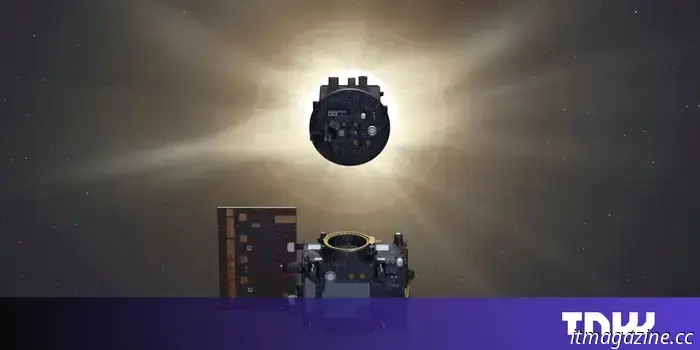 Engineered artificial solar eclipse in Europe provides fresh perspective on the Sun.
Two satellites have successfully created an artificial solar eclipse, allowing scientists to gain new insights into the Sun's outer atmosphere.
Engineered artificial solar eclipse in Europe provides fresh perspective on the Sun.
Two satellites have successfully created an artificial solar eclipse, allowing scientists to gain new insights into the Sun's outer atmosphere.
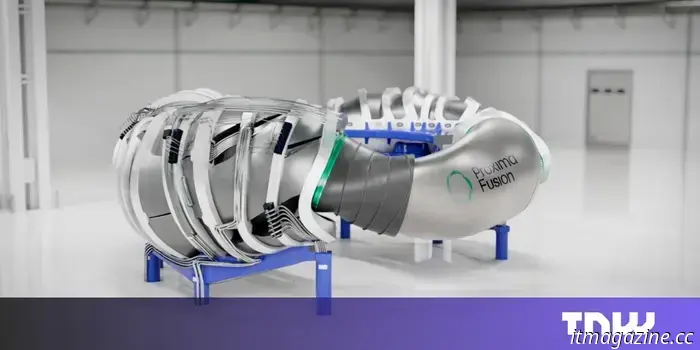 European venture capitalists have placed a historic investment on this lesser-known fusion energy contender.
Only two years after coming out of stealth mode, German startup Proxima Fusion has secured Europe's largest private investment in fusion energy to date.
European venture capitalists have placed a historic investment on this lesser-known fusion energy contender.
Only two years after coming out of stealth mode, German startup Proxima Fusion has secured Europe's largest private investment in fusion energy to date.
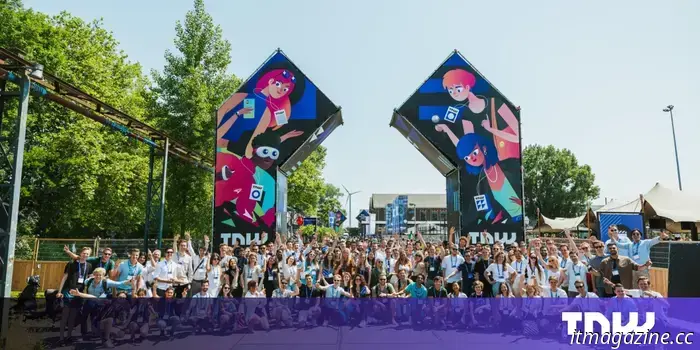 Quantum art, multiball, and AI-generated selfies: The top side quests at TNW 2025.
From quantum-inspired art to mixed reality games and AI photo booths, the TNW Conference 2025 presents an astounding array of side events.
Quantum art, multiball, and AI-generated selfies: The top side quests at TNW 2025.
From quantum-inspired art to mixed reality games and AI photo booths, the TNW Conference 2025 presents an astounding array of side events.
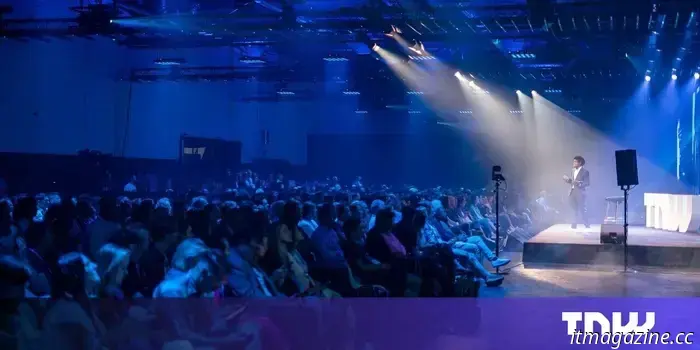 7 TNW Conference sessions we’re looking forward to
The TNW Conference unites Europe’s brightest thinkers, most daring startups, and revolutionary technology in Amsterdam on June 19 and 20.
7 TNW Conference sessions we’re looking forward to
The TNW Conference unites Europe’s brightest thinkers, most daring startups, and revolutionary technology in Amsterdam on June 19 and 20.
 Huawei's chairman Xu Zhijun emphasizes the need for new growth catalysts in the telecommunications sector at MWC Shanghai 2025.
During the keynote session at MWC Shanghai 2025 on Wednesday, titled The Techco Transformation: Pioneering the Next Era of Innovation, Huawei's rotating chairman Xu Zhijun gave a speech that focused on the significant growth challenges confronting the global telecom sector.
Huawei's chairman Xu Zhijun emphasizes the need for new growth catalysts in the telecommunications sector at MWC Shanghai 2025.
During the keynote session at MWC Shanghai 2025 on Wednesday, titled The Techco Transformation: Pioneering the Next Era of Innovation, Huawei's rotating chairman Xu Zhijun gave a speech that focused on the significant growth challenges confronting the global telecom sector.
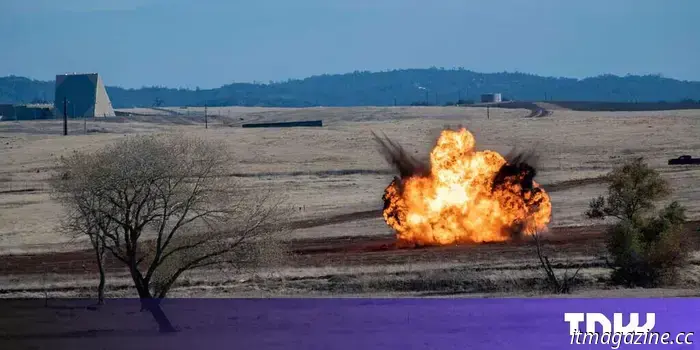 Sweden reverts to traditional methods in war technology with its first TNT factory since the Cold War.
A Swedish startup is returning to the fundamentals of defense technology by establishing the nation’s first TNT production facility since the Cold War.
Sweden reverts to traditional methods in war technology with its first TNT factory since the Cold War.
A Swedish startup is returning to the fundamentals of defense technology by establishing the nation’s first TNT production facility since the Cold War.
UK executives declare AI to be as 'socially essential' as water and energy.
A recent survey of 500 business professionals in the UK found that two-thirds of respondents consider AI to be socially essential, comparable to water and electricity.
